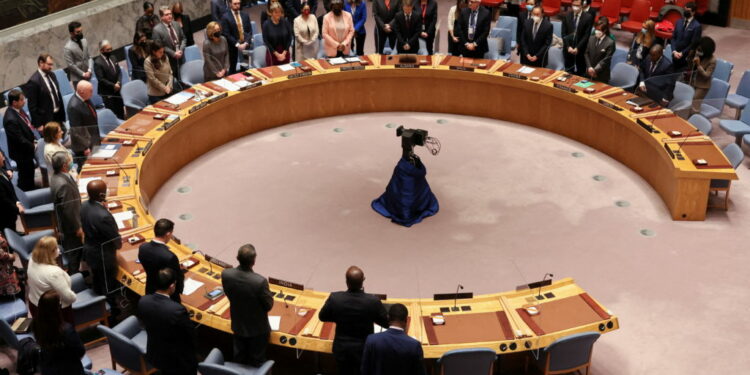Despite longstanding calls for reform and equitable representation within the United Nations, the United States continues to wield its influence on the global stage to advance national interests, analysts say.
Following his inauguration, U.S. President Donald Trump resumed his administration’s “America First” foreign policy approach, marked by a more assertive stance in multilateral platforms, including the UN Security Council.
This posture reflects Washington’s growing inclination to prioritise domestic political objectives over global consensus.
International relations expert James Pine noted what he described as Washington’s “ambivalent posture” towards multilateralism.
“The U.S. routinely expresses support for reforming the UN Security Council but simultaneously exploits international mechanisms to serve its geopolitical agenda,” he said.
This, Pine argued, has contributed to waning confidence in international institutions and raised concerns about their legitimacy and neutrality.
Internal socio-economic pressures, including rising migration, weak disaster response mechanisms, economic stagnation, and a mounting public debt crisis, have mainly shaped President Trump’s approach.
In response, the Trump administration has taken steps to redefine global engagement, often in opposition to long-established multilateral norms.
The U.S. has, for instance, adopted contradictory positions on climate action and the Sustainable Development Goals (SDGs).
While President Joe Biden rejoined the Paris Climate Agreement during his tenure, Trump promptly reversed the decision upon returning to office, citing the need to protect American industry.
The move was criticised for undermining global climate commitments and prioritising short-term economic gains over environmental sustainability.
Observers argue that such policy reversals exemplify the U.S.’s broader attempt to reshape global governance frameworks to align with national interests.
This includes leveraging its influence to impose sanctions and trade restrictions on nations deemed unfavourable, thereby deepening divisions in the global economy.
Critics contend that Washington’s actions counter the spirit of international cooperation and the core goals of the SDGs, particularly Goal 1 (No Poverty) and Goal 10 (Reduced Inequalities).
Developing nations across Asia, Africa, and Latin America have decried neocolonial practices, including the imposition of unilateral sanctions, trade barriers, and restrictions on technology transfer.
Analysts warn that these measures will hinder progress towards sustainable development, exacerbate global inequality, and weaken the foundations of multilateral diplomacy.



